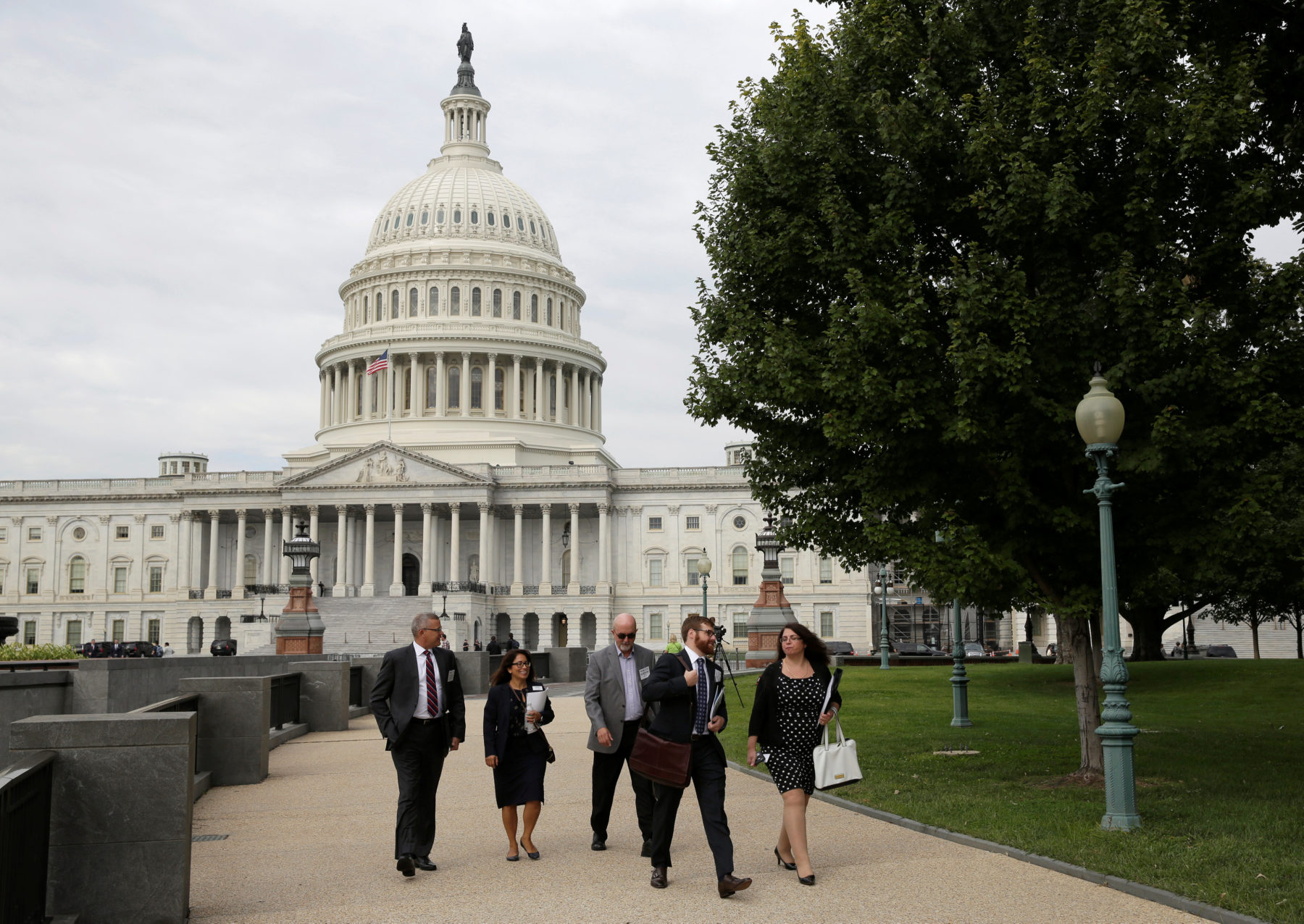In a wide-ranging interview on Chicago’s Morning Answer, Wisconsin Senator Ron Johnson took aim at runaway federal spending, what he called a “hodgepodge of junk” in the House tax bill, and a culture of complacency in Washington that he says is driving the country toward fiscal collapse.
Johnson, a consistent voice for spending restraint, warned that the so-called “Big Beautiful Bill” being promoted by the White House and congressional leadership fails to address the nation’s most urgent economic problem—unsustainable government spending. Despite the tax bill’s provisions to extend Trump-era tax cuts and support business investment, Johnson argues the legislation is riddled with handouts and political favors that betray the larger objective of restoring fiscal sanity.
“A Titanic Headed for the Iceberg”
“We’re going to spend $89 trillion over the next decade,” Johnson said, “and at most, we’re talking about cutting just 1.3%. That’s not even a rounding error.”
He pointed out that federal spending skyrocketed from $4.4 trillion before the pandemic to $7 trillion today—a 58% increase—while the population grew by just over 2%. Drawing a historical comparison, Johnson reminded listeners that during World War II, government spending peaked at 41% of GDP but returned to pre-war levels by 1948. Today, he said, the federal government is operating at nearly 24% of GDP with no serious plan to rein it in.
“This is a historic opportunity to get our fiscal house in order, and we’re blowing it,” Johnson said.
Calling for a Step-by-Step Approach
Rather than lumping everything into one massive package, Johnson advocated for a multi-step legislative process: extend the 2017 tax cuts, provide border security and defense funding, and then take the time to develop a more rational tax code.
He emphasized the need for a comprehensive line-by-line review of federal spending, comparing it to the private sector discipline exercised by leaders like Elon Musk. Johnson has proposed a formal budget review panel made up of lawmakers and executive branch officials to analyze every line item.
“We could probably cut hundreds of billions without anyone even noticing,” he said.
Opposition to Targeted Tax Breaks
While acknowledging some growth-friendly elements in the new tax bill—such as provisions for bonus depreciation and equipment expensing—Johnson took issue with targeted tax breaks, especially the proposed increase in the SALT (state and local tax) deduction pushed by blue-state Republicans.
He also criticized proposals to eliminate taxes on overtime pay, calling them accounting nightmares that could encourage government unions to abuse overtime structures.
“We should not be using the tax code for economic and social engineering,” Johnson said.
Trump’s Foreign Policy: A Rare Bright Spot
Despite his budget frustrations, Johnson had praise for former President Trump’s recent remarks in Saudi Arabia, where Trump denounced “nation-building” and foreign military interventions in favor of sovereignty and commerce.
Johnson called the message “brilliant” and “inspiring,” highlighting Trump’s restraint in response to past provocations from Iran and his broader goal of extracting the U.S. from foreign conflicts.
“I’ve always felt that he was probably the least likely president in my lifetime to drag us into another war,” Johnson said. “He’s disrupting a corrupt system that has led to war and misery.”
Is Anyone Listening?
Asked whether his colleagues or the White House have responded to his recent Wall Street Journal op-eds urging a return to fiscal discipline, Johnson said the feedback has been mostly silence. “Nobody can disagree with what I’m saying,” he said. “So they just say nothing.”
Still, Johnson remains hopeful that his calls for a more deliberative process will catch on and says his message is gaining traction—slowly.
“I’ve had multiple meetings with President Trump. He loves the concept,” Johnson said. “But then his staff doesn’t follow through because cutting spending is hard. There’s a constituency for every dollar.”
Bottom Line: A Crossroads for the Country
With debt approaching $37 trillion and projected to hit $59 trillion within a decade, Johnson says the country is at a tipping point.
“We don’t have a revenue problem. We have a spending problem. And right now, we’re just marching toward disaster.”
Whether Washington listens or continues to “whistle past the graveyard” remains to be seen.
Senator Ron Johnson represents Wisconsin and serves on the Senate Budget and Finance Committees.





